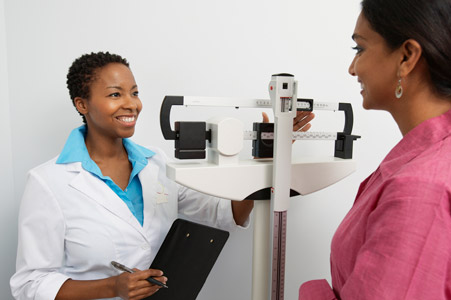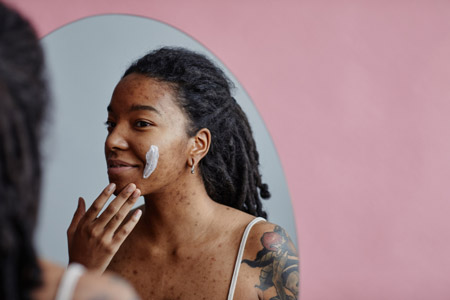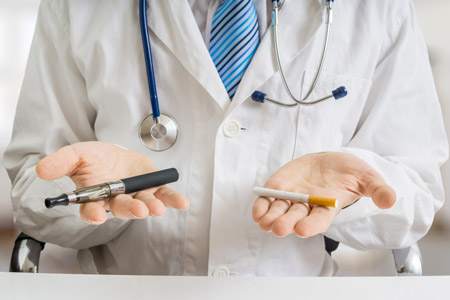


Eating Your Way to Healthier Skin
Acne, though it may be uncomfortable and unwanted, is something that most of us experience. Age does play a factor in how severe the acne you have is, often occurring mostly during puberty, but did you know that your habits can also affect your skin?
Maintaining a healthy lifestyle — and eliminating unhealthy habits like smoking, heavy drinking, and suntanning can make a huge difference in the overall appearance and health of your skin. Your skin, or dermis, is really one huge organ and just like any other organ in your body it relies on a balanced diet and exercise regime to perform at its best. Before making any drastic changes in your diet, be sure to consult your doctor or a medical professional.
Keep reading on to find out more about how you can eat (and drink) your way to healthier skin.
How Food Can Affect Your Skin
If your diet is lacking certain nutrients, you may notice a difference in your skin. Acne is caused when your skin cells grow abnormally which in turn traps excess oils that bacteria eat — resulting in pimples or blemishes.
Harvard research also shows that folks who have acne are 54% more likely to have consumed high-fat, high-sugar diets, as compared to individuals who do not experience acne flair-ups. In the most basic terms, acne is an inflammatory disorder of the skin so food that causes inflammation like fatty foods and sugary foods, could also play a factor in the development of acne.
Though very distinct from acne, you may notice red bumps and irritation that look similar to acne if you have food sensitivities or allergies. It’s important to seek medical attention if you notice rash-like bumps on your face after eating certain foods.
Foods That Promote Healthy Skin
While research has yet to define the direct impact our diet has on getting rid of acne, there are a few key vitamins and acids that help with cell growth and repair — and cell turnover is very important for healthy, youthful-looking skin.
Omega-3 Fatty Acids
You’ve probably heard of omega-3s in relation to healthy diets, and that’s for good reason. Omega-3s are essential to the building of cell membranes across the body and affect receptors in these membranes. These acids form the basis of essential hormones that regulate clotting, aid artery functions, and control inflammation. In addition, they may also help preserve collagen which keeps skin firm and taut.
Many fish happen to be an excellent source of omega-3 and you’ll find that most omega-3 supplements are fish oil pills. To up the amount of omega-3 you’re getting in your diet, consider eating fish like herring, mackerel, salmon, tunas, and sardines.
You can also get omega-3 from different seeds, nuts, and beans such as flaxseeds, chia seeds, walnuts, almonds, edamame, or soybean oils.
Vitamins C and E
Vitamins are essential to keep your body functioning properly. Two great vitamins to add to your diet or supplement regime are vitamins C and E.
Vitamin C is found in lots of fruits and vegetables and is thought to help fight wrinkles and improve the appearance of the skin. Many acne-fighting products, like serums, contain vitamin C. To get more vitamin C in your diet, consider eating citrus fruits, berries, bell peppers, broccoli, and kiwis.
Vitamin E is an antioxidant that has been shown to possibly help curb cell damage. You can get more vitamin E in your diet by consuming almonds and seeds like sunflower seeds.
The Importance of Staying Hydrated
Drinking enough water and staying hydrated is a core part of leading a healthy life. Water is essential for your body to conduct almost every function properly. Plump, clear skin is definitely dependent on proper hydration. We discussed earlier that acne is a result of excess oil clogging pores — and dry, dehydrated skin produces more oil which can possibly lead to an uptick in acne.
The Harvard School of Public Health states, “The National Academy of Medicine suggests an adequate intake of daily fluids of about 13 cups and 9 cups for healthy men and women, respectively, with 1 cup equaling 8 ounces. Higher amounts may be needed for those who are physically active or exposed to very warm climates.”
In addition to helping your body function optimally, studies have suggested that drinking enough water has been shown to foster a healthy immune system that in turn fosters your skin’s microbiome that can combat the bacteria that causes acne.
While there’s no one miracle food that will make acne disappear, it’s important that you have a healthy, balanced diet to allow your skin to function at its best and fight off the bacteria that cause acne. If you feel like food sensitivities or deficiencies in your diet could be contributing to issues with your skin, contact your doctor and always consult a dietician or physician before making drastic changes to how you eat.



.jpg)
.jpg)
.jpg)




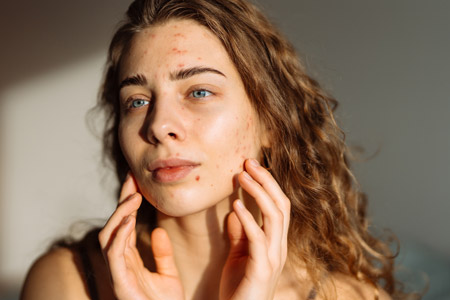













.jpg)





















.jpg)








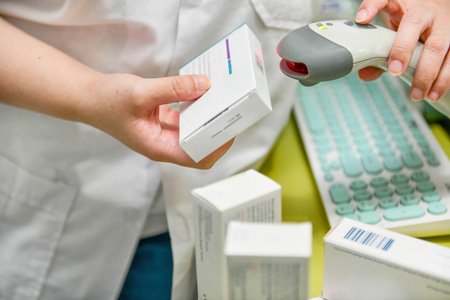

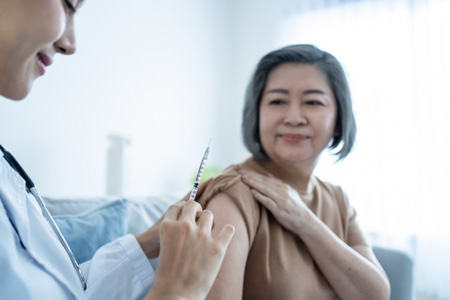



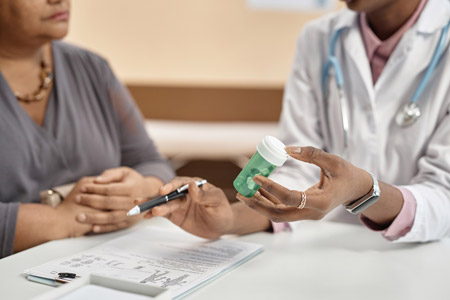


.jpg)
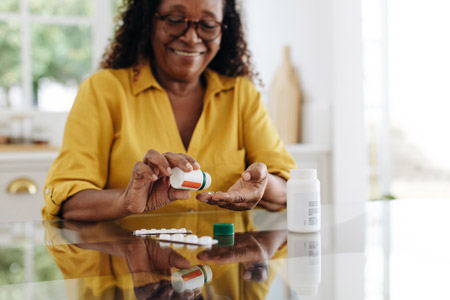


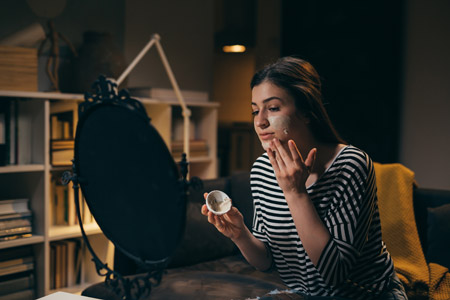






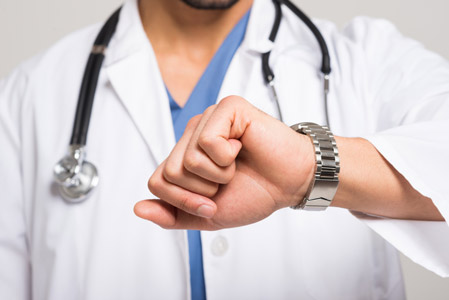





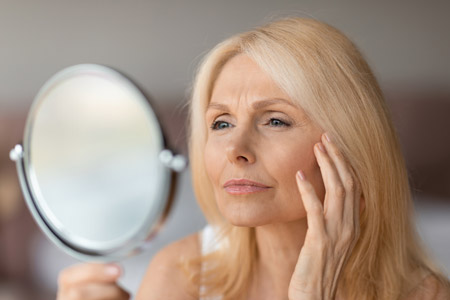





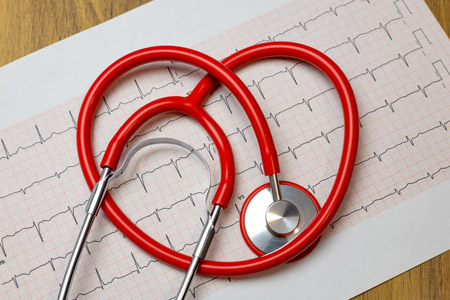


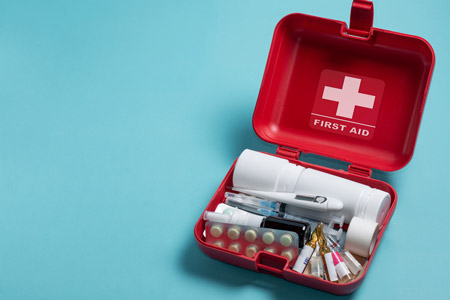
.jpg)
.jpg)
.jpg)


